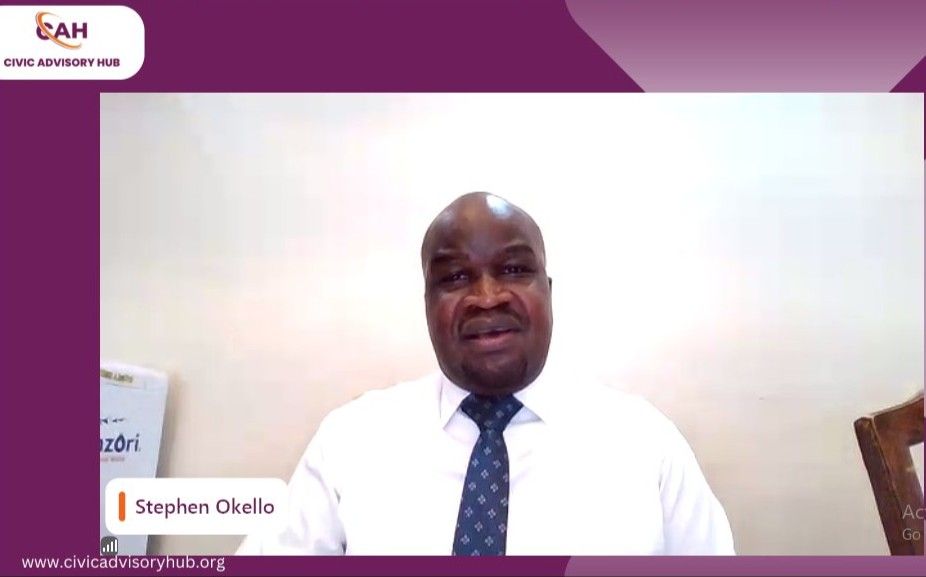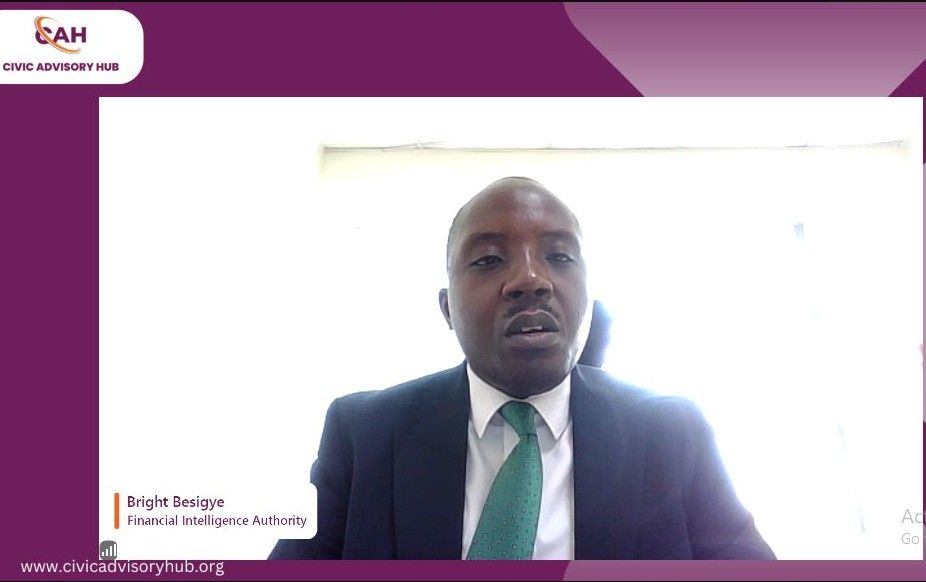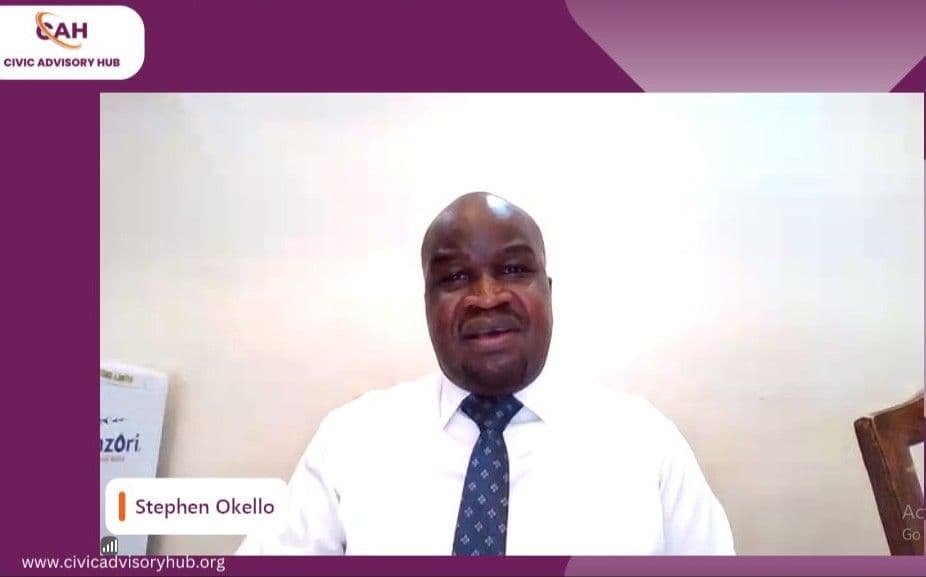The Parliament of Uganda approved an amendment to Schedule 2 of the Anti-Money Laundering Act (AMLA), Cap. 118, on January 23, 2025, marking a significant shift for the NGO sector. The reform removes NGOs, churches, and other NPOs from the list of accountable persons, adopting a risk-based approach aligned with Financial Action Task Force (FATF) guidelines on terrorism financing (TF) risk management.
Under this new framework, Uganda will only monitor high-risk NPOs—those identified through comprehensive risk assessments—instead of applying blanket obligations across the sector.
Against this backdrop, Civic Advisory Hub convened key stakeholders, including regulators, NGO sector representatives, and subject matter experts at The Leaders Talk (TLT)webinar to discuss the implications of this policy shift. The meeting focused on:
- Clarifying compliance obligations for NGOs post-delisting.
- Strategizing for regulatory excellence while mitigating TF risks.
- Navigating sector-wide transitions and compliance adjustments.
Regulatory Perspective: A Win for NGOs
Dr. Stephen Okello, Secretary of the NGO Bureau under the Ministry of Internal Affairs and the sector’s primary regulator, hailed the amendment as a milestone for Uganda’s NGO sector, following sustained lobbying efforts by the NGO Bureau, Financial Intelligence Authority (FIA), the NGO fraternity and other stakeholders. The reform is compliant with the revised FATF Recommendation 8and Interpretive Note. It also aligns with recommendations by the Eastern and Southern Africa Anti-Money Laundering Group (ESAAMLG)post the2016 Mutual Evaluation.
Dr Okello lauded the Ministry of Finance and the government for responding to stakeholder concerns and acknowledged NGOs for their improved compliance, which this reform reflects. He emphasized that these efforts have made the shift to risk-based regulation feasible.

Regulatory Transition: What’s Next?
The NGO Bureau will now focus on: Targeted monitoring of only high-risk NPOs (per FATF definitions).
Implementation of risk-based monitoring, leveraging pre-existing strategies and manuals.
Capacity building, prioritising staff expansion and automation of services, to enhance regulatory oversight.
Stakeholder outreach, collaborating with NGOs and inter-agency partners to bridge compliance knowledge gaps on TF risks.
Dr. Okello also urged NGOs to proactively self-regulate, emphasizing that TF risk assessments are dynamic, as an NGO’s risk profile can evolve from low to high and vice versa.
Compliance Implications: FIA’s Role Post-Delisting
Mr Bright Besigye, Manager International Relations at the Financial Intelligence Authority (FIA), clarified that NGOs are no longer required to comply with obligations of accountable persons under AMLA, such as:
- Submit Annual Compliance Reports to the FIA.
- Reporting suspicious transactions related to money laundering or TF.
However, he added, despite this regulatory shift, Uganda will maintain sector-specific TF risk mitigation measures. The FIA will continue to engage NGOs through the NGO Bureau, focusing on awareness, education, and collaboration.

Mr Besigye also discouraged cash transactions, citing their high-risk nature in TF. Instead, advised NGOs utilise formal financial institutions to ensure transparency and traceability. He framed the delisting as a positive step toward Uganda’s full compliance with international best practices.
Lessons from Nigeria: Managing the Transition Effectively
Drawing from Nigeria’s experience post-delisting, Ms. Victoria Ibezim Ohaeri Executive Director, Spaces For Change—Nigeria warned that compliance obligations remain critical despite the relief from AMLA’s stringent requirements. She emphasized that:
- NGOs should not become complacent—instead, targeted monitoring frameworks will help ensure that resources are sufficient to focus on high-risk organizations.
- Outreach programs should be prioritized, ensuring both regulators and NGOs collaborate on compliance education.
- Financial exclusion risks must be managed. Past misapplication of TF measures led to de-risking, where banks excluded NGOs from financial services, forcing many to rely on cash transactions, which increased TF vulnerabilities. Sensitization of banks about varying NGO risk profiles is crucial.
- Constructive engagement with regulators is essential to align transition policies with Uganda’s unique operational realities.

Looking Ahead
This policy shift marks a significant step toward FATF-compliant, risk-based regulation. While NGOs are now relieved of excessive scrutiny and compliance burdens, mitigating TF risks remains a priority, making continued vigilance essential. The success of this transition will depend on continuous stakeholder engagement, multi-sector collaboration, and targeted capacity-building initiatives.
